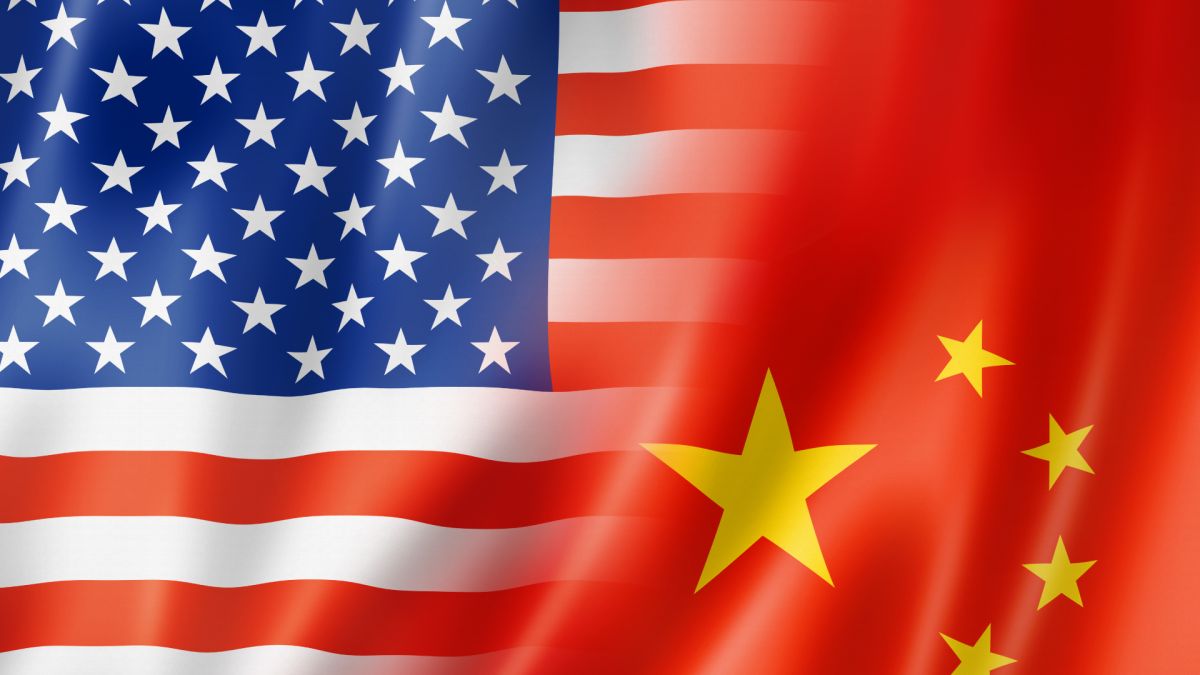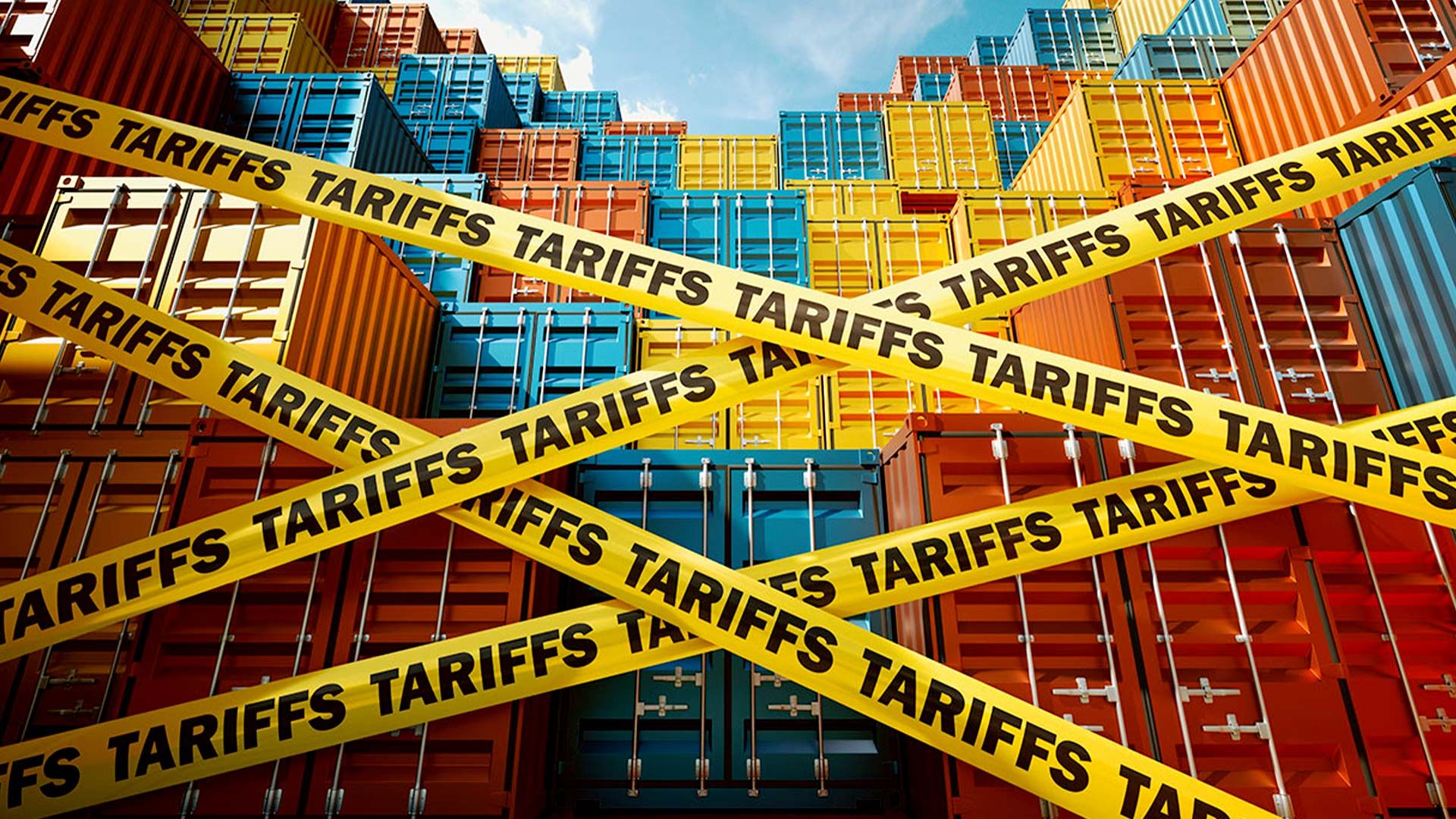May 13, 2025
A Positive Turning Point for Global Trade and Markets
Analysing the Impacts of the US-China Deal and Its Broader Economic Implications

Analysing the Impacts of the US-China Deal and Its Broader Economic Implications.
The recent negotiated agreement between the United States and China marks a significant milestone in international trade relations, providing a much-needed breather for the global economy. By agreeing to reduce tariffs for a 90-day period—U.S. tariffs cut from 145% to 30%, and Chinese tariffs from 125% to 10%—both nations have demonstrated a renewed commitment to cooperation. This temporary truce has already sparked a rally in global stock markets, with Wall Street posting notable gains and commodities like oil bouncing back along with other financial features. For conservative investors who value stability, this development signals a move away from the destabilising trade war tactics that had increasingly threatened economic growth worldwide. It also aligns with a broader view that policies favouring measured, strategic economic engagement, rather than protectionism, are essential for sustained prosperity.
While the agreement is a positive step, it is important for discerning investors to recognize that foundational issues—such as the persistent U.S. trade deficit and unresolved structural disparities—remain unaddressed. The agreement alleviates immediate trade tensions and reduces the risk of economic decoupling, bolstering confidence in global supply chains and international commerce. Importantly, it nurtures the possibility that both nations are committed to long-term negotiations aimed at creating more balanced trade relations, which would promote stability, a core principle for conservative economic philosophies.
Implications for Global Markets, Commodity Prices, and Currency Movements
The clearer picture of improved US-China trade dynamics naturally influences currency and commodity markets. The announcement has contributed to a weakening of the U.S. dollar, which typically appreciates during periods of heightened trade tensions. With the recent diplomatic shift, the dollar has experienced some softening, encouraging currency traders to reassess their positions. Similarly, oil prices—closely tied to global economic sentiment—rebounded from recent lows, reflecting investor optimism that full-scale trade disruptions are less likely in the near term.
For commodities, especially oil, a stable or rising price environment benefits energy exporters, providing relief for economies heavily reliant on energy exports. Conversely, a softer dollar also makes dollar-denominated assets more attractive to international investors, which could lead to increased foreign investment into stable regions.
Impact on Emerging Markets and the South African Economy
Emerging markets are often sensitive to shifts in global trade sentiment and currency movements. The recent US-China accord offers a tentative optimism, likely improving investor sentiment towards emerging markets, particularly those with strong trade links to China or dependence on commodity exports. For South Africa, this development is particularly pertinent.
Since April, the Rand has appreciated notably, from R19.74 to R18.26 against the US dollar—a change broadly reflecting rising confidence from the trade deal and the global risk-on environment and easing of diplomatic tensions between Pretoria and Washington following a discussion between President Trump and President Cyril Ramaphosa. This appreciation benefits consumers and businesses through lower import costs, while also potentially curbing possible inflationary pressures, even though inflation levels are quite low for now. For South Africa, a stronger Rand enhances purchasing power and supports government efforts to keep inflation in check. However, it also presents challenges—most notably, potentially making South African exports less competitive on the global stage, which can be a concern given heavy reliance on exporting minerals and energy.
The improved global climate could bolster foreign direct investment and portfolio inflows, supporting South Africa’s growth prospects amid domestic policy constraints. Nevertheless, policymakers should remain cautious, as excessive Rand appreciation might undermine the manufacturing and export sectors crucial for job creation. Conservative investors viewing South Africa’s trajectory will be attentive to how the currency and trade policies evolve in tandem with global developments.
Conclusion: A Cautiously Optimistic Outlook
The US-China trade agreement’s short-term impact on global markets was clearly positive, aligning with conservative economic principles that prioritise stability and gradual growth. While the agreement does not resolve every underlying trade issue, it diminishes immediate risks of global economic decoupling and provides a platform for sustained dialogue. For investors, this development signifies a period of cautious optimism, with potential benefits accruing to markets, commodities, and currencies.
Emerging markets like South Africa stand to gain from the improved international trade climate and currency stability, provided such gains are managed prudently. A strengthened Rand and rising confidence suggest opportunities for investment but also underscore the importance of maintaining disciplined fiscal and monetary policies. Ultimately, a measured approach to leveraging these developments—grounded in fiscal responsibility and long-term stability—remains the core principle for conservative investors seeking to navigate the evolving global landscape.











